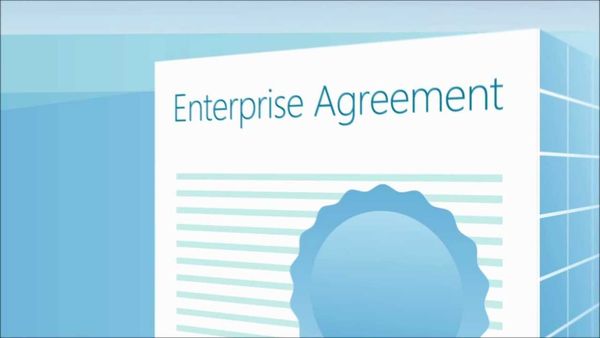When will loaded-up rates in an agreement pass the BOOT?
By Charles Power
When an enterprise agreement is submitted to the Fair Work Commission (FWC) for approval, the FWC assesses whether the agreement passes the better off overall test (BOOT).
Recently, the FWC issued a ruling (Loaded Rates Agreements 2018) that provides guidance as to how the FWC will assess an agreement containing loaded rates in whole or partial substitution for award penalty rates.
The BOOT requires:
- the FWC to determine whether each award-covered employee and prospective employee would be better off under the agreement than under the relevant modern award;
- an overall assessment to be made. This requires the identification of terms which are more beneficial for an employee, terms which are less beneficial, and an overall assessment of whether an employee would be better off under the agreement; and
- that every award-covered employee or prospective employee must be better off overall. If just a single employee is not better off overall, the relevant enterprise agreement does not pass the BOOT.
But this doesn’t require the FWC to enquire into each employee’s individual circumstances. In assessing whether a loaded rate in an agreement passes the BOOT, the FWC can select a class of employees working the same patterns of working hours, taking into account evening, weekend and/or overtime hours worked.
However, this requires an examination of existing roster patterns worked by various categories of employees as at the time. If that information is not contained in the employer’s Form F17 statutory declaration accompanying the approval application, the FWC may request or require the production of such information. The use of sample rosters to compare remuneration produced by a loaded rates pay structure compared to the relevant modern award may be an effective method of doing this.
What if roster patterns change?
To what extent can the FWC assume that roster patterns will remain unchanged during the life of the agreement for existing or prospective employees?
This might be more likely in the case of an agreement applying to a defined workplace or workplaces in a substantial and mature business – for example, a major supermarket chain.
However, this assumption is harder where the business is small and/or still in a developmental stage or the agreement for which approval is sought permits employees to be engaged in a wider range of classifications, work locations and/or roster patterns than the current workforce at the time the BOOT is being assessed.
In this case, the FWC will examine the practices and arrangements concerning the working of ordinary and overtime hours by existing and prospective employees that flow from the terms of the agreement.
For example, if an enterprise agreement makes express provision for employees to be required to work ordinary hours on weekends, that provision cannot be ignored for BOOT purposes simply on the basis that the employer asserts that it does not currently, and does not intend to, make use of that provision. However, a provision in an agreement applying to a retail business allowing for ordinary hours of work to be performed at identified unsociable hours might reasonably be disregarded for BOOT purposes if applicable laws concerning retail trading hours prohibits work being done at the relevant times.
How does the FWC take into account non-monetary benefits provided in the agreement that are not provided in the underlying award or are provided in more generous terms?
Ascertaining the value of these benefits is difficult, particularly when they are accessible at the employee’s choice (e.g. blood donor’s leave) or are monetary benefits which are contingent upon specified events occurring (e.g. accident make-up pay).
In respect of non-monetary, optional or contingent entitlements in an agreement, the FWC will not assume they have the same value for all employees. In the case of a contingent benefit, it will be necessary to make a realistic assessment about the likelihood of the benefit crystallising during the period in which the agreement will operate.
Where a loaded rates agreement results in significant financial detriment for existing or prospective employees compared to the relevant award, it is unlikely that a non-monetary, optional or contingent entitlement under the agreement will sufficiently compensate for the detriment for all affected employees such as to enable the agreement to pass the BOOT.
Get the latest employment law news, legal updates, case law and practical advice from our experts sent straight to your inbox every week.

